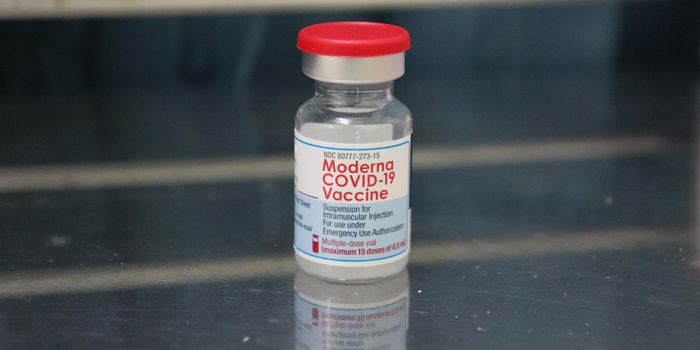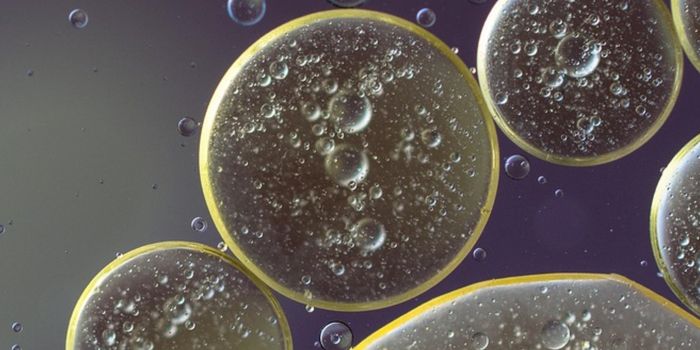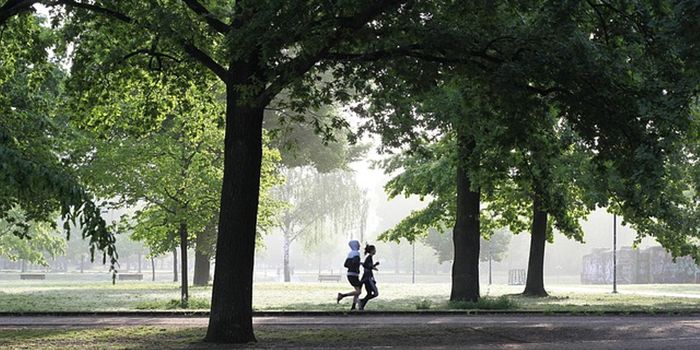Does Alcohol Cause Premature Aging?
When studying the brain, the larger a study is, the more data can be gathered, and the more accurate conclusions can be. The most extensive brain imaging study to date is from scientists at Amen Clinics in Costa Mesa, CA along with colleagues at UCLA, UCSF, Johns Hopkins and internet giant Google and it looked at the health effects of drinking as well as cannabis use and mental illnesses on brain aging.
The study conducted 62,454 brain SPECT (single photon emission computed tomography) scans on more than 30,000 study volunteers between the ages of 9 months old to 105 years old. SPECT scans assess cerebral blood flow in the brain and can be an indicator of mental health as well as aging and general health.
Psychiatrist Daniel G. Amen, MD, founder of Amen Clinics is the lead author on the study and explained, "Based on one of the largest brain imaging studies ever done, we can now track common disorders and behaviors that prematurely age the brain. Better treatment of these disorders can slow or even halt the process of brain aging. The cannabis abuse finding was especially important, as our culture is starting to see marijuana as an innocuous substance. This study should give us pause about it."
The SPECT scans were used to determine the brain aging in patients who had a variety of health conditions and substance abuse issues. There are previous studies on aging that show some medical conditions will cause premature aging, and using the SPECT scan was a way to study a large number of patients with a variety of illnesses and classify each group in terms of how their conditions impacted the aging process.
While some studies look at only a few parts of the brain, the SPECT images in this research looked at 128 different brain regions to predict the chronological age of patients. When scans and the age predictions they generated were compared with the known chronological age of the patients, accelerated aging was determined when the predictions were of a higher age than the patient's true age.
The study found that a number of brain disorders and some abuse issues were correlated with accelerated aging. Schizophrenia came out on top which showed an average of 4 years premature aging. Cannabis use came in at 2.8 years of early aging, followed by bipolar disorder at 1.6 years of premature aging, ADHD at 1.4 years and alcohol used at 0.6 years. Patients who were depressed did not show any premature aging. Study authors attributed this to different brain patterns in depression. While alcohol use showed the least amount of premature aging of the brain, it was still significant and, if a patient had more than one of the conditions studied, its effects could be more serious.
Sachit Egan, one of the study’s co-investigators at Google said of the work, "This paper represents an important step forward in our understanding of how the brain operates throughout the lifespan. The results indicate that we can predict an individual's age based on patterns of cerebral blood flow. Additionally, the groundwork has been laid to further explore how common psychiatric disorders can influence healthy patterns of cerebral blood flow." Check out the video below that looks specifically at the aging effects of alcohol.
Sources: IOS Press, HuffPo Journal of Alzheimer’s Disease









